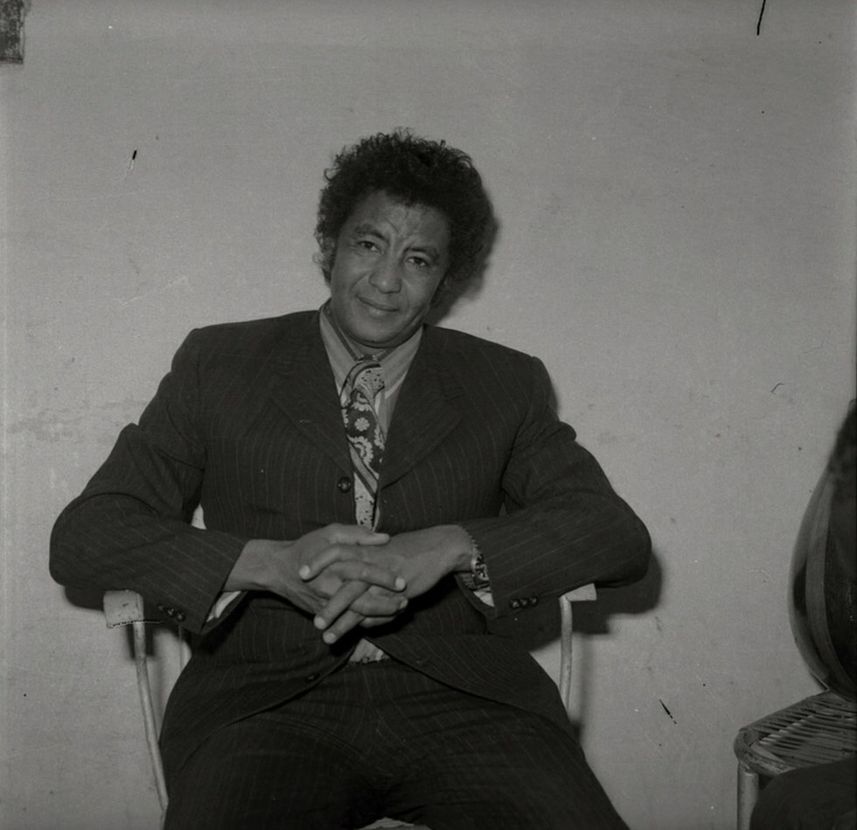
Legendary Sudanese singer
Mohammed Wardi (1932-2012) was born in a region (Northern Sudan) known in ancient times as Nubia, Which was the seat of the earliest civilization on planet earth. Wardi was a legendary Sudanese Nubian singer who sang in Arabic and Nubian and was the single most adored singer across Africa. Wardi will always be beloved and never forgotten by his people (Sudanese/South Sudanese) and fans across Africa and the Middle East because his music transcended geographical regions, ethnicities, and tribes. His patriotic and revolutionary songs challenged decolonization, pan-Africanism, redistribution of wealth, injustice, and oppression of his people. His relentless activism, in turn, resulted in his imprisonment, almost execution, and subsequent exile.
Emperor Wardi was exiled from his country and marginalized by the media for 13 years (1989 -2002). To put that in perspective, it would be like if the United States exiled Michael Jackson, or Jamaica exiled Bob Marley.
His son AbdulWahab narrated that “a man from Mali once walked on foot for three months to Sudan to meet Wardi because the father of the woman he wanted to marry would only allow it if he got an autographed cassette and photo from Wardi himself.” But the Malian man didn’t find Wardi in Sudan. So, he took the train to Halfa and then the boat to Egypt (where Wardi was exiled). When he found Wardi, he got his cassette and took a photo with him. Wardi then gave him a plane ticket, and he went back to Mali and got married.
Emperor Wardi once performed at a sold-out 60 000 stadium in Cameroon to a French-speaking crowd, who didn’t understand Arabic but were in awe of this African Emperor.
In one of his iconic songs, he is sending a message and making a call to his people “who else but us! will give to the people what it means to live and to triumph? Who else but us! will change the history, the values, and the path?” These powerful words were the inspiration behind the children of kandakat nonprofit organization.

